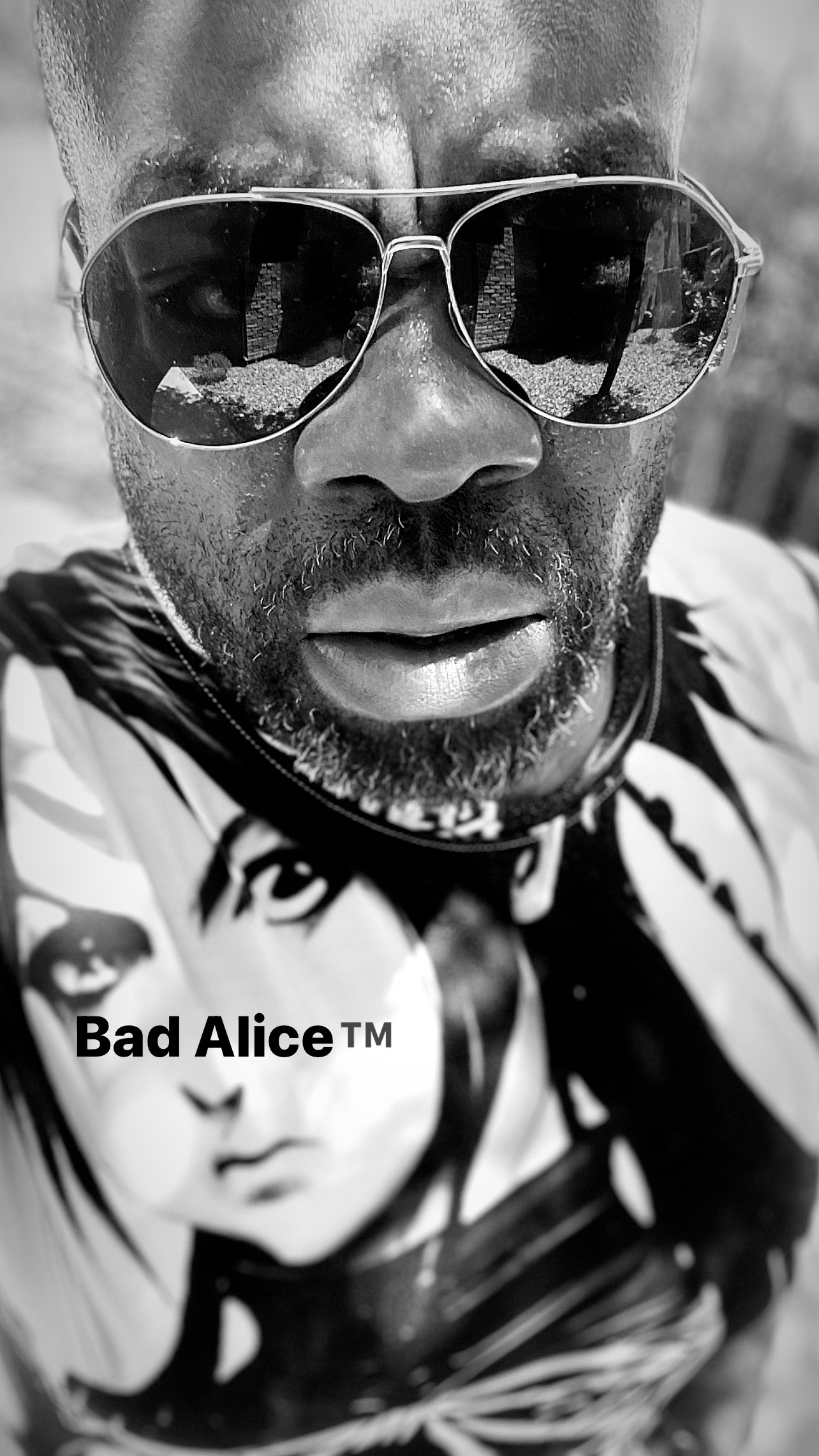Passion or Obsession: A Test of True Purpose
Since the pandemic, there has been a surge of individuals declaring their newfound passions. Being confined to our homes for two years was bound to spark this creative awakening. However, amidst the rise of passions, there is a pressing question: Are we truly passionate about these pursuits, or have we unknowingly slipped into the grip of obsession? To shed light on this, let’s embark on a journey of self-discovery and discernment.

The Passion-Obsession Test
Simply put, if you’re genuinely passionate about something, it’s an endeavor you can savor alone, free from the need for validation from others. While you may happily invite others to share in your passion, their absence doesn’t diminish your enjoyment. In contrast, obsessions tend to foster a mindset that craves acknowledgment and seeks to make you a pioneer in bringing something new and exciting to a group.
Take, for example, the activity of hiking. If hiking is your passion, you’d rise before dawn, hike through rugged terrains alone, and relish the solitude. However, if it becomes an obsession, your emotional responses may turn negative when others around you decline to partake in your fervor. That’s the hallmark of an obsession.
Insights from Philosophical Giants

Drawing from the wisdom of philosophers such as Soren Kierkegaard and Friedrich Nietzsche can further illuminate this distinction.
Soren Kierkegaard once remarked, “The most common form of despair is not being who you are.” This wisdom underscores that genuine passion aligns with your authentic self, bringing you joy independently of external influences.
Friedrich Nietzsche warned, “He who fights with monsters should look to it that he himself does not become a monster.” Nietzsche’s words caution us against the transformation that unchecked obsession can bring, often leading to negative consequences.
Navigating the Divide
In the aftermath of the pandemic, it became clear that some individuals were driven by authentic passion, while others displayed signs of unhealthy obsession. To discern whether your pursuits lean towards passion or obsession, consider the following:
Psychological Studies: Research in psychology indicates that true passion generates positive emotions and personal growth. It provides intrinsic motivation, fosters resilience, and sustains commitment. In contrast, obsession often leads to negative emotions like anxiety, frustration, and anger when external factors interfere.

Sustainability: Passion endures over time. It allows you to cherish your pursuits independently while welcoming others to share in your joy. Obsession, on the other hand, can become all-consuming, straining relationships and leading to burnout.
So, ask yourself: Are your pursuits enriching your life and aligning with your true passions, or have they unwittingly veered into the territory of obsession? Self-awareness and balance are key. Remember, it’s about finding that sweet spot where your passions flourish, and your well-being remains intact.
The new frame, the pandemic offered us an opportunity to explore new interests and passions. As we continue this journey of self-discovery, let us tread carefully, guided by the light of genuine passion, and steer clear of the shadows of obsession that can obscure our true purpose.
Reference Page
Article Title: Passion or Obsession: A Test of True Purpose
Author: Dr. Leo Croft
Philosophical Quotes:
- Kierkegaard, S. (Year of publication not applicable). “The most common form of despair is not being who you are.”
- Nietzsche, F. (Year of publication not applicable). “He who fights with monsters should look to it that he himself does not become a monster.”
Books Used in the Article:
- Solomon, R. C. (Year of publication not applicable). The Passions. Publisher. URL (if available).
- Pinker, S. (Year of publication not applicable). The Blank Slate. Publisher. URL (if available).
Psychological Studies:
- Tsaousides, T. (2016). Thin Line between Passion and Obsession (Part1). https://www.psychologytoday.com/us/blog/smashing-the-brainblocks/201610/the-thin-line-between-passion-and-obsession-part-1
Dr. Leo Croft 